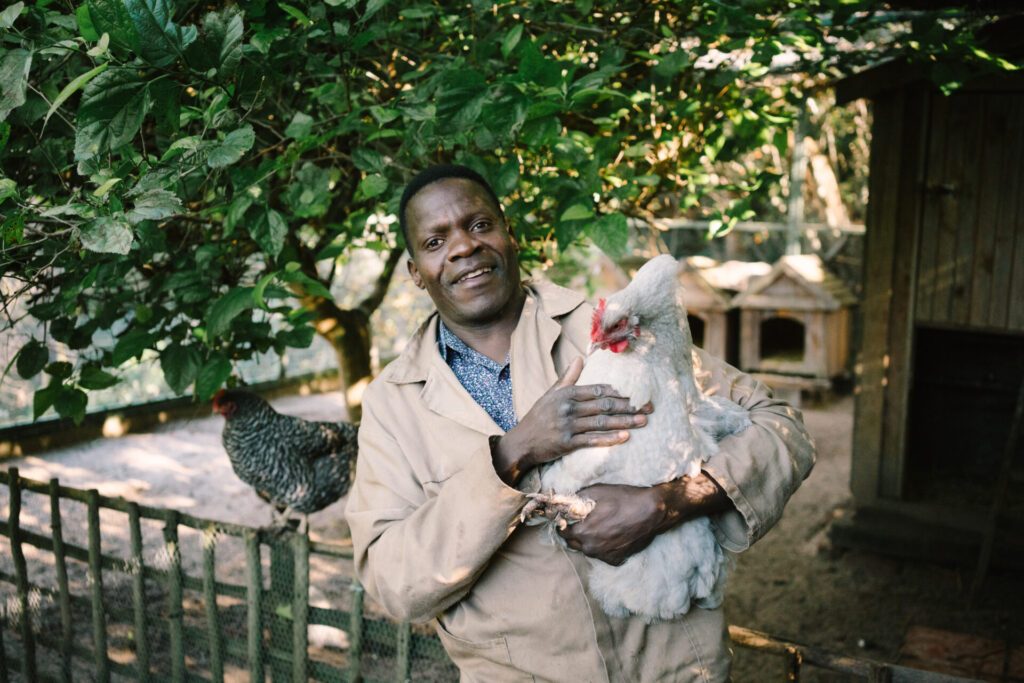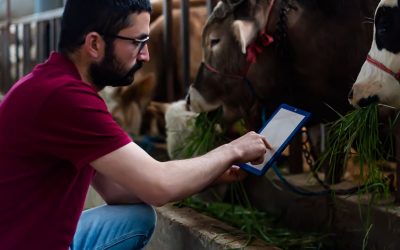Influenzas with zoonotic potential: the contribution of the animal health sector for pandemic preparedness
It is winter, you feel tired, you have a headache, muscle aches and a sore throat. You know flu season is ongoing. Every year, usually during the fall and winter, millions of people around the world get sick with the flu, short for influenza. Today, vaccination represents one of the most well-known means to protect humans against the viruses that are each year responsible for hundreds of thousands of seasonal flu infections. Flu viruses, including those in animals, continuously evolve and vaccines may become inefficient against them. To remain effective, new vaccines need to be developed periodically. Every six months, the composition of the human vaccines against flu is reevaluated, based on data collected through the surveillance of virus strains circulating in humans, but also in animals, in particular for the strains that can become zoonotic.



